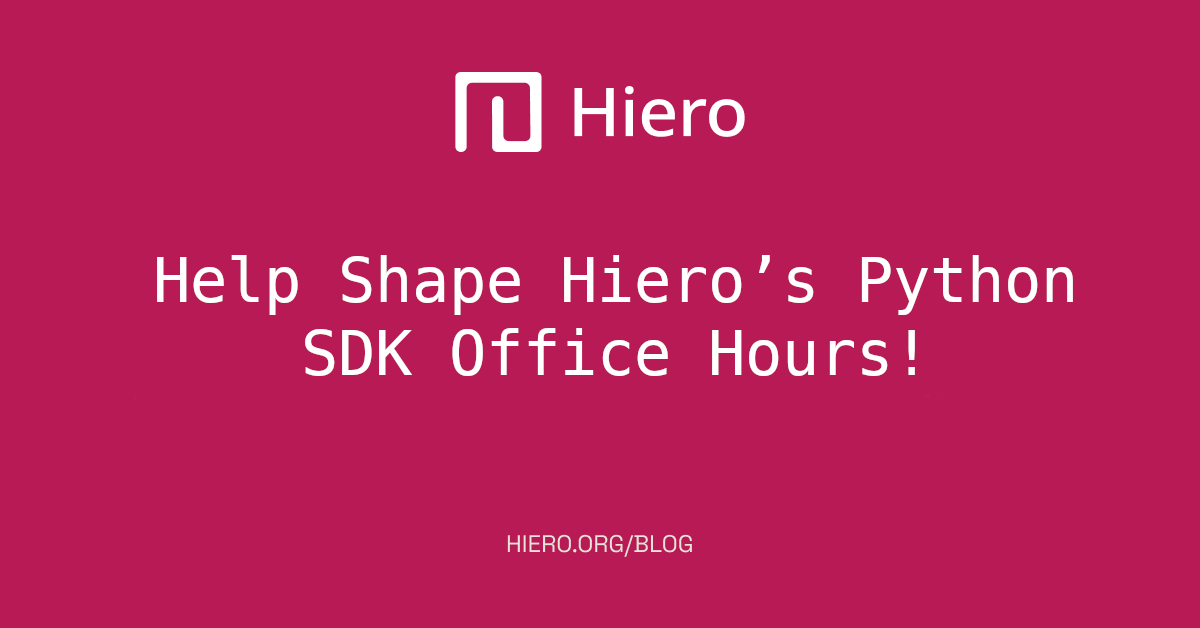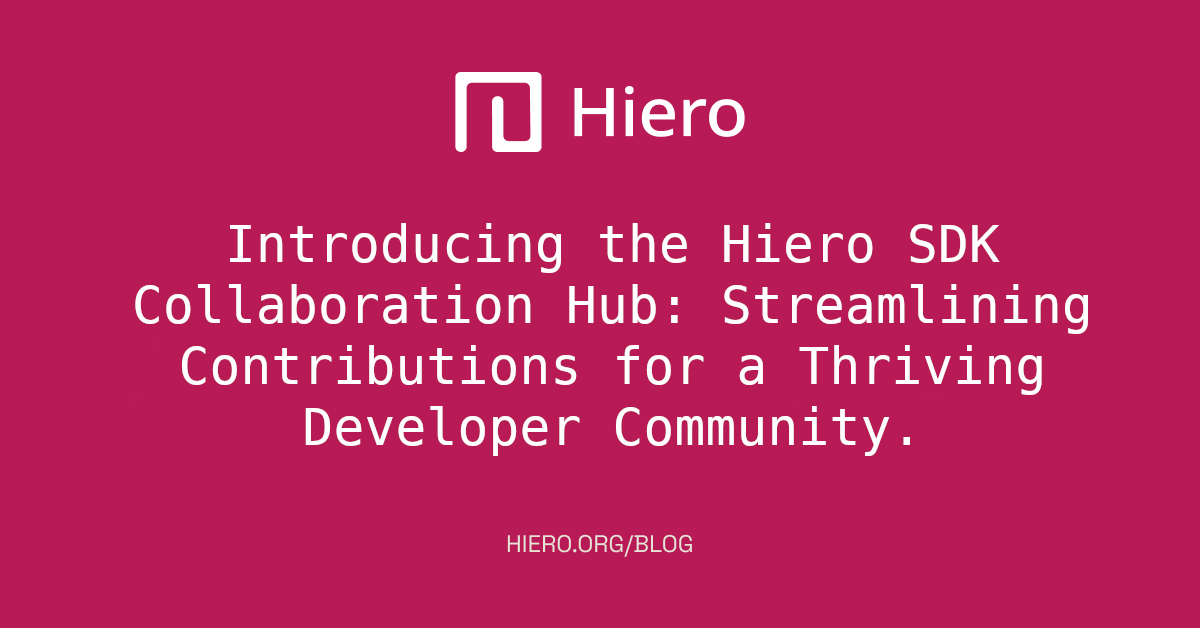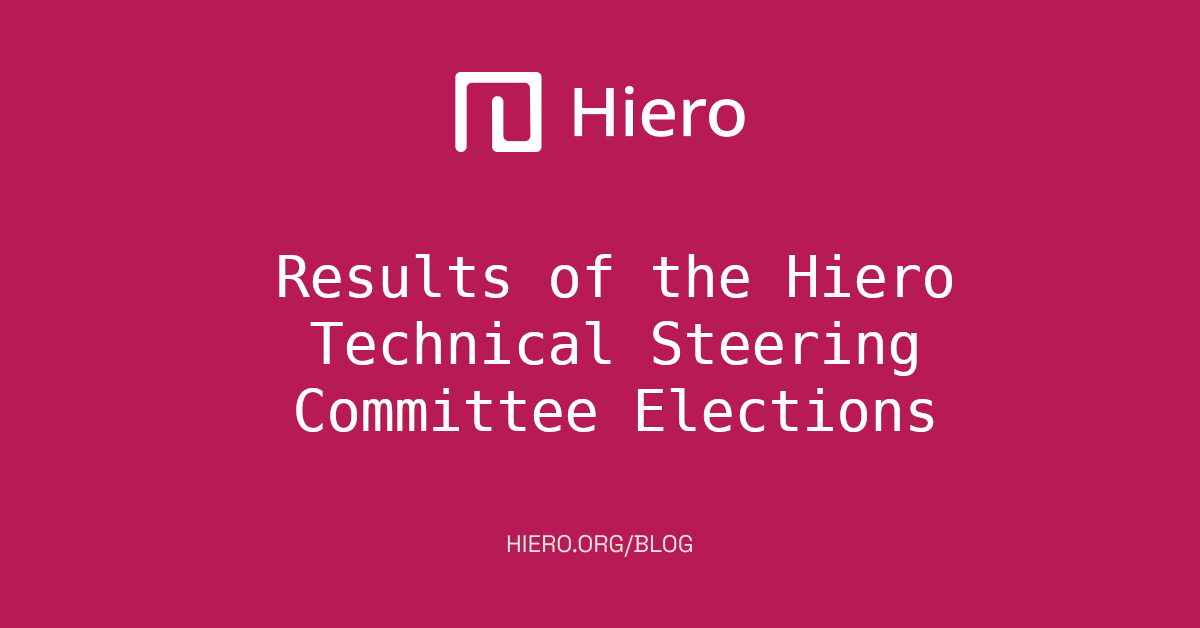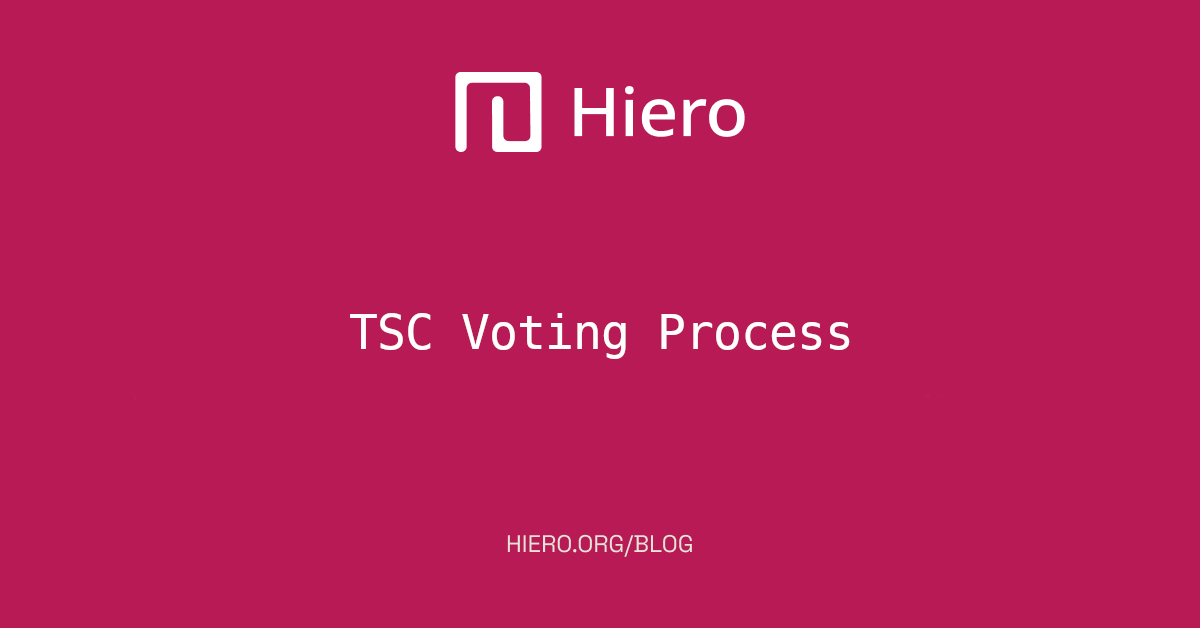Hiero Python SDK – Announcing Release v0.1.3

Hiero Python SDK – Announcing Release v0.1.3
This July, our Python SDK is racing ahead, and we’re excited to share the latest in new transaction support and version milestones.
🚀 Latest Release: v0.1.3 (July 7, 2025)
In this release, we packed dozens of new transaction classes, queries, and utility improvements:
- Various new classes, including:
DurationAccountInfoQuery
- Extensive token services, such as:
NFTTokenCreateTransactionfor spinning up non‑fungible tokensTokenUnfreezeTransactionto unfreeze tokens when neededTokenWipeTransactionfor wiping balances cleanTokenNFTInfoQueryto fetch NFT metadataTokenRejectTransactionto manage association rejectionsTokenUpdateNftsTransactionfor batch NFT updates
- Abstractions & node implementation
– Introduced anexecutableabstraction andnodeimplementation to simplify the codebase and make it easier to scale - Improved testing & logging
– Individualunitandintegrationtests for each transaction type
– Extensions to theloggingmodule - Pythonic type hinting
– Addedtypeannotations across several modules, with documentation on setting up Mypy
See the full changelog at Github
🗒️ Other Recent Releases
v0.1.2 (March 12, 2025)
- Added
NFTIdclass for streamlined NFT identifier handling - Switched to SEC1
ECPrivateKeyformat instead of PKCS#8
v0.1.1 (February 25, 2025)
- Introduced
RELEASE.md&CONTRIBUTING.md; revamped README files for clarity - Upgraded support from Python 3.9 to 3.10
v0.1.0 (February 19, 2025)
- Inaugural release: core SDK features, documentation, and example scripts
🔭 Smart Contracts on the Horizon
We’ve laid the groundwork in our token and file‑service layers—now we’re shifting gears into file service and smart contract logic, with upcoming support for:
ContractCreateTransactionContractExecuteTransaction- …and beyond.
Get ready to deploy and interact with contracts entirely in Python!
Recent Hiero Posts
-

Help Shape Hiero’s Python SDK Office Hours
July 2, 2025
Join us and be part of our Hiero’s Python SDK Office Hours!
-

Introducing the Hiero SDK Collaboration Hub: Streamlining Contributions for a Thriving Developer Community
June 4, 2025
The Hiero SDK Collaboration Hub is your entry point to contributing with clarity, providing structured proposals, templates, guides, and transparent decision-making. Whether you're a new contributor or seasoned maintainer, the Hub simplifies collaboration and helps shape the future of Hiero SDKs.
-

Results of the Hiero Technical Steering Committee Elections
June 2, 2025
The results for the Hiero Technical Steering Committee elections are here!
-

TSC Voting Process
April 29, 2025
We’ll walk you through the steps to cast your vote, the criteria for eligibility, and the tools you’ll use to participate.
